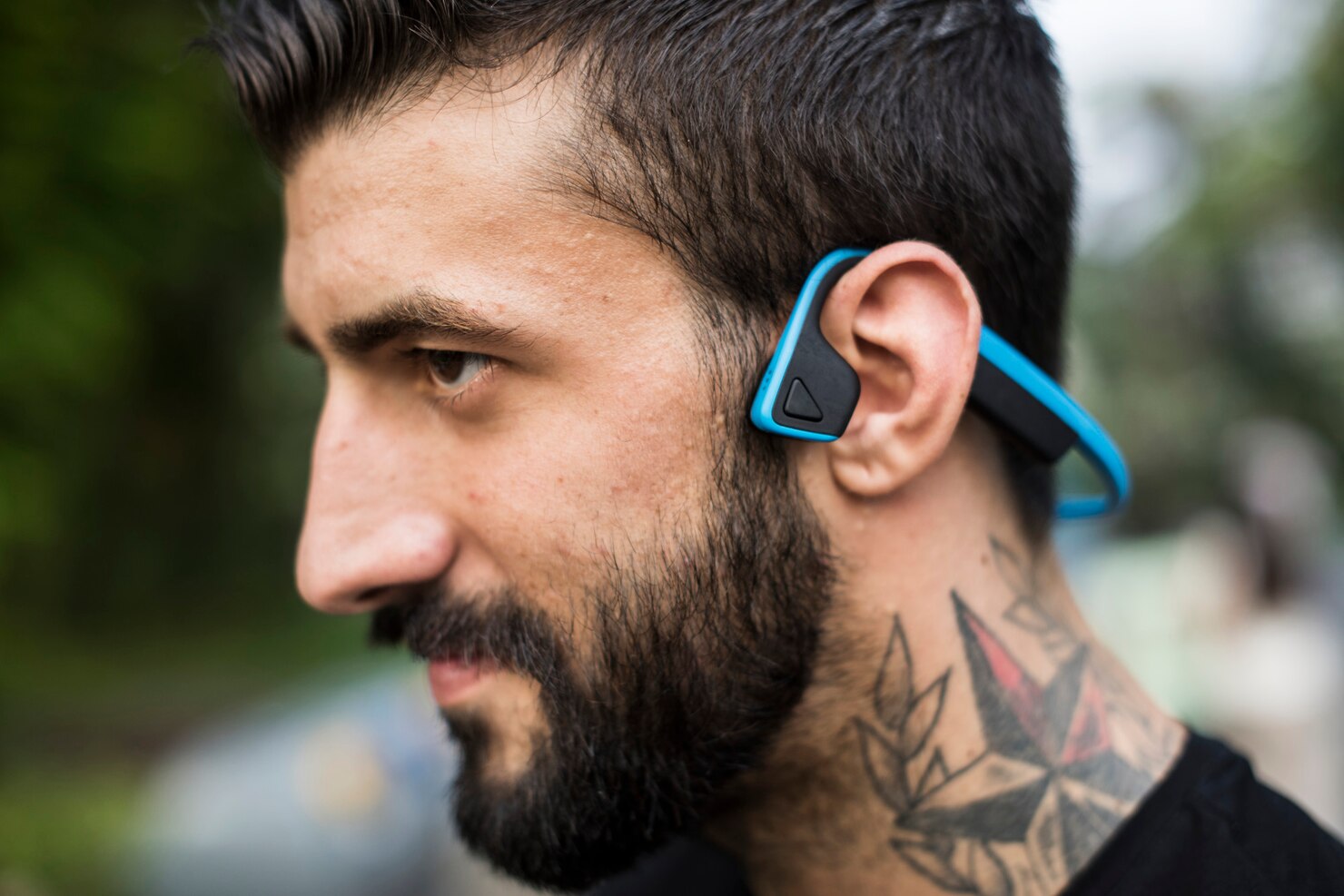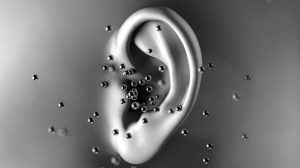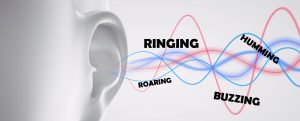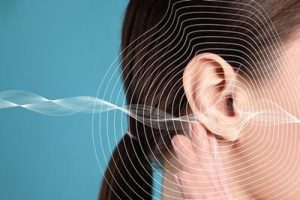Tinnitus, the perception of sound when no external sound is present, can significantly impact a person’s quality of life. While there’s no definitive cure, emerging wearable technologies offer promising avenues for both tracking and potentially treating this condition.
Tracking Tinnitus: A Digital Companion
Wearable devices, such as smartwatches and fitness trackers, have the potential to monitor various health metrics. By incorporating specific features, they can also help individuals with tinnitus:
Sound Level Monitoring: These devices can measure ambient noise levels, alerting users to potentially harmful noise exposures that may exacerbate tinnitus symptoms.
Sleep Tracking: Monitoring sleep patterns can provide insights into the impact of tinnitus on sleep quality. Disrupted sleep can worsen tinnitus symptoms, so understanding sleep patterns can be crucial for management.
Heart Rate Variability (HRV) Measurement: HRV is a marker of stress and autonomic nervous system function. By tracking HRV, wearable devices can help identify periods of heightened stress, which can contribute to tinnitus.
Treating Tinnitus: A Wearable Solution?
While wearable devices aren’t a standalone treatment for tinnitus, they can be part of a comprehensive management strategy. Here are some innovative approaches:
Neuromodulation: Some wearable devices use gentle electrical stimulation to target specific nerves or brain regions associated with tinnitus. This can help reduce the perception of the ringing or buzzing sound.
Sound Therapy: Wearable devices can deliver customized sound therapies, such as white noise or specific frequencies, to mask tinnitus symptoms and promote relaxation.
Biofeedback: By providing real-time feedback on physiological parameters like heart rate and muscle tension, wearable devices can help individuals learn to manage stress and anxiety, which can alleviate tinnitus symptoms.
The Future of Wearable Tinnitus Technology
The future of wearable technology for tinnitus holds immense promise. As research advances, we can expect to see more sophisticated devices that can:
Accurately monitor tinnitus symptoms: Using advanced sensors and algorithms to detect changes in brain activity and auditory perception.
Personalize treatment plans: Tailoring interventions based on individual needs and preferences.
Integrate with other health technologies: Working seamlessly with other devices and apps to provide a holistic approach to health management.
While wearable devices offer exciting possibilities, it’s important to consult with a healthcare professional before using any device to treat tinnitus. A comprehensive approach, combining medical interventions, lifestyle modifications, and technological solutions, is often the most effective way to manage this condition.







Be First to Comment